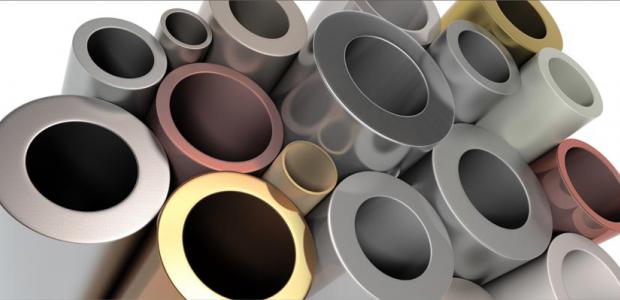According to KPMG's "The Future of
Heavy Industry –
Focus on Metals
Manufacturing, Trends & Developments in the Greek Market" report the Basic Metals Industry turnover is
on the rise with a Compound Annual
Growth Rate of 6.2% from 2013 to
2019. This is largely due to increased
exports and significant infrastructure
projects.
During 2019, Basic Metals production
contributed 0.63% towards the Greek GDP.
Metals exports (including ores) comprised
8.4% of total Greek exports, the second
largest export category after mineral
products.
The Sub-sector is an important employer for the Greek economy as in 2021 the industry directly occupied more than 20 thousand individuals, which is 0.5% of Greece’s total workforce.
Nevertheless, the subsegment is highly dependent on:
- The energy and mining industries due to production significance
- The construction industry since it strongly defines sales
- Local and international legislation, as they may define both sales and cost
The price of raw materials (scrap metal & ore), has increased sharply amidst the pandemic. From the start of the pandemic till June 2021 the price of aluminium increased 44%, of copper 79%, of Iron 137% and of steel scrap 75.6%.
For metal manufacturing companies, energy can represent up to 40% of the total operating cost. Taking that into consideration, COVID-19 disruptions that led to an increase in the price of resources used for energy production will significantly impact the sector.
Within the next decade, planned large-scale projects worth more than Euro 21.5 billion will boost sectoral sales. However, large-scale projects could also cause sudden spikes in local demand that would test the production and transportation capacity of the sub segment.















